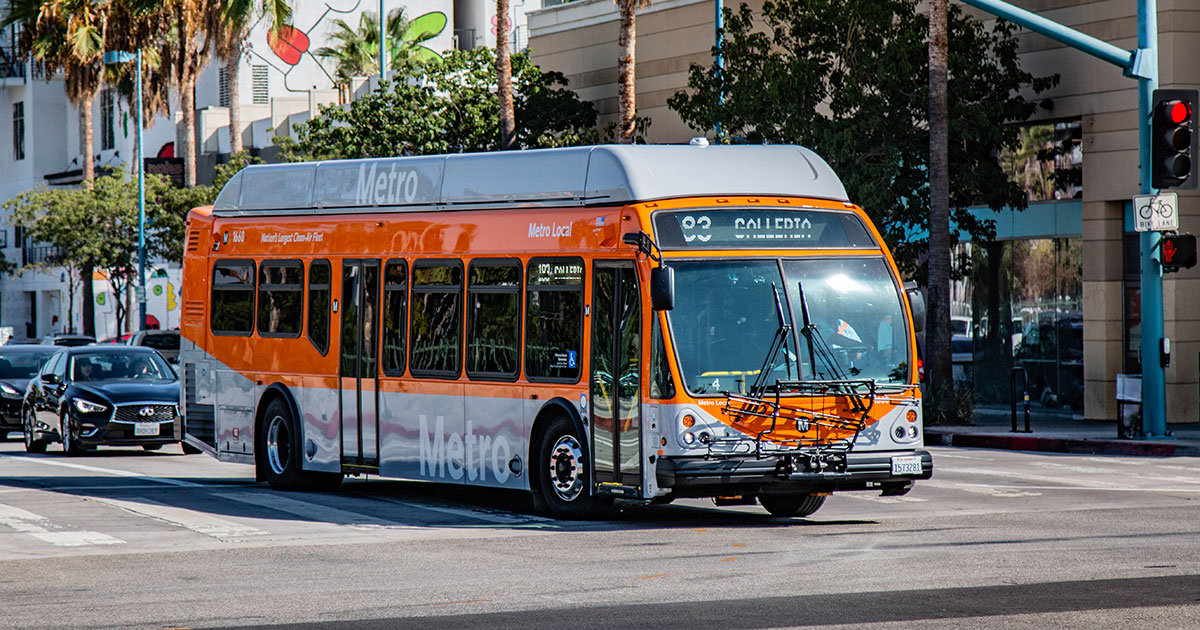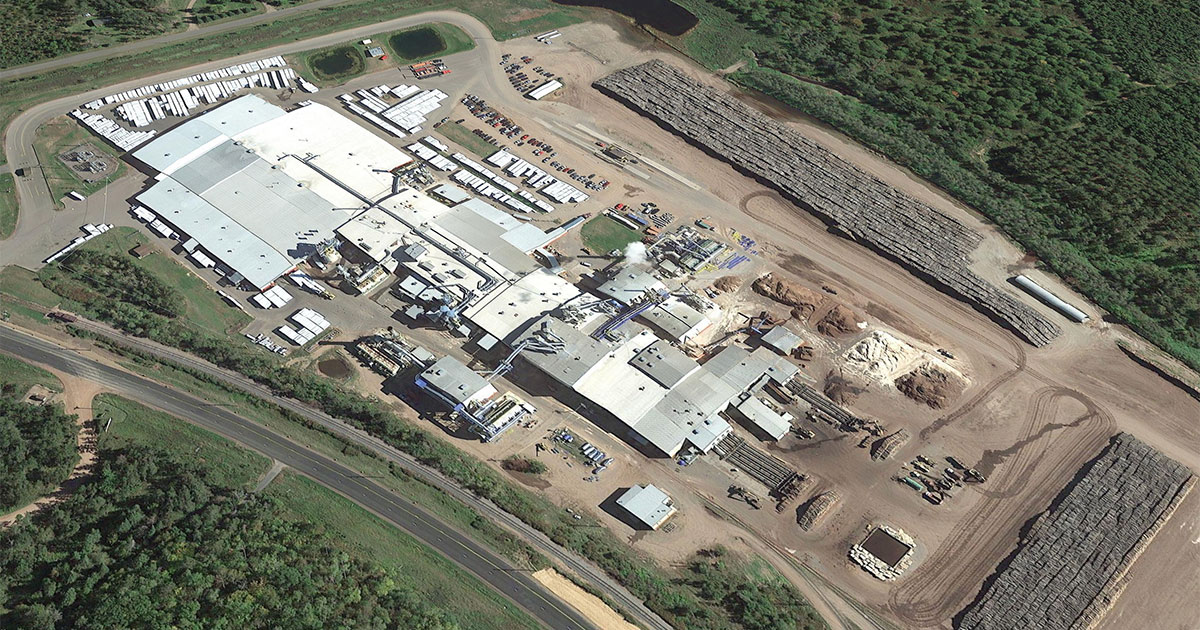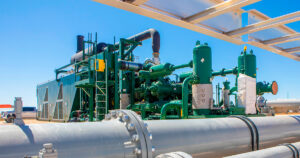There is no doubt that natural gas-powered trucks and buses are a proven and reliable alternative to diesel-powered equipment in 2022. With well over 10 years of dependable service, more and more fleets across the U.S. are expanding and investing in sustainable, renewable, and near-zero-emission transportation solutions powered by natural gas (CNG, LNG, and RNG).
As natural gas-powered fleets mature and add more vehicles, recycling the precious metals found in their emission control equipment (three-way catalysts or TWC) should become a priority for fleet maintenance managers, parts managers, and sustainability leaders. Not only is recycling a potential revenue stream, but fleets running natural gas have shown a commitment to sustainability; they should also close that loop with a robust recycling program.
This article is intended to help answer questions about three-way catalyst recycling for fleets running natural gas vehicles. Ready to learn more? Let’s dive in.
Key Takeaways:
- Natural gas fleets are maturing and catalyst recycling should be a priority
- Catalysts used on natural gas powered vehicles contain valuable platinum group metals (PGMs) such as Platinum (Pt), Rhodium (Rd) and Palladium (Pd)
- Recycling these valuable PGMs is another way to further support sustainability in your operation
- When done right, PGM recycling is not a cost center, but a revenue stream with sustainability benefits
What natural engines are most common in fleets?
For years, Cummins has been the leader in diesel engines, natural gas engines, and emission control systems. The most common heavy-duty natural engines found in trucks and buses are the Cummins ISL G, ISX 12G, L9N, and the newest X15N.

Image Source: Cummins Inc.
Who are the largest users of heavy-duty natural gas vehicles?
To date, the most common applications for natural gas engines in the U.S. are transit buses, refuse collection trucks, pickup and delivery fleets, and municipal fleets. A few examples of the largest operators of natural gas vehicles are:
- LA Metro (transit buses)
- Waste Management (refuse collection trucks)
- UPS (parcel delivery trucks)
- Dallas Fort Worth International Airport (shuttle buses)
- Republic Services (refuse collection trucks)
- San Diego’s Environmental Services Department (municipal fleet)
- FedEx (parcel delivery trucks)
- Atlas Disposal (refuse collection trucks)
Source: ReFuel Energy Partners
Although hundreds of other fleets operate natural gas vehicles, the organizations listed above have made significant investments in sustainable, renewable, and near-zero-emission transportation.
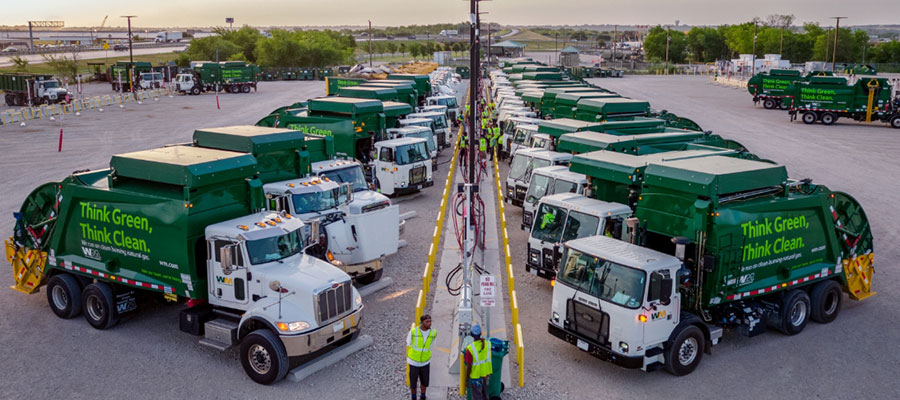
Image Source: Waste Management
What events prompted the recycling of three-way catalysts from heavy-duty vehicles?
In addition to factors related to vehicle age, mileage, and hours of operation, other factors can prompt the need for catalyst replacement and recycling.
- Repower Projects: Many fleets are completing repower projects in which the emissions system and engines are replaced with newer models and technology
- Engine Issues: Fleets report that some engine malfunctions can cause collateral damage, causing the natural gas catalyst to fail (e.g., crack or melt) and, in turn require replacement
- Common Component Failures: Fleets report the most common failures are related to engine EGR cooler leaks, piston cracking and Ignition Control Module (ICM) failures
Natural gas three-way catalyst recycling
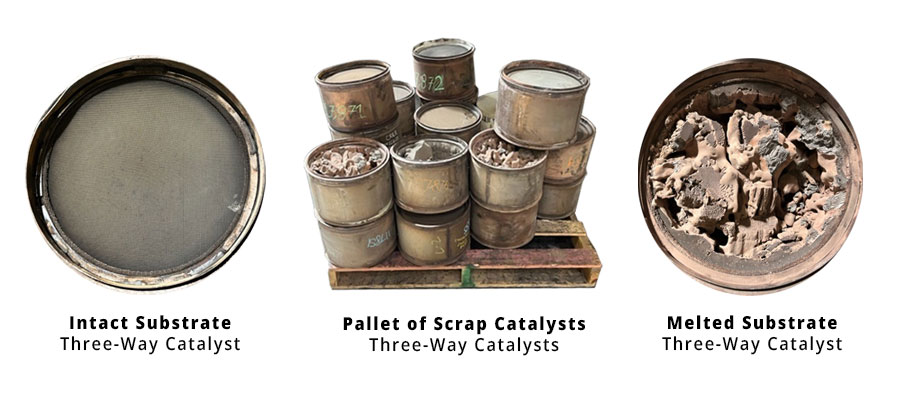
Image Source: Red Fox Resources
What is a three-way catalyst (TWC) used in heavy-duty natural gas vehicles?
The TWC catalyst is a key component of the emission control system for natural gas engines. The catalysts can control (e.g., reduce) emissions from natural gas engines. The type of catalyst and after-treatment system depends on the engine combustion strategy determined by the engine manufacturer. (Source: DieselNet.com)
What is the monetary value of recycling natural gas catalysts?
The catalyst component of a three-way catalyst is usually platinum (Pt), along with palladium (Pd), and rhodium (Rh). All three platinum group metals, or PGMs, are extremely rare but have a broad range of applications in addition to catalysts for emission control systems.
Recycled values of three-way catalysts vary based on the amount of substrate that is intact at the time of recycling. A typical price for a recycled fully intact catalyst from a Cummins ISL G is $250-500 each, depending on the spot market prices of the precious metals or PGMs.
To learn more about the value of your three-way catalysts, contact Red Fox Resources to obtain a quote for the specific part numbers you’d like to recycle. Red Fox can also help you start a plan to recycle these parts regularly.
Note, to remain compliant with catalytic converter anti-theft regulations, Red Fox Resources ONLY works with, buys from, and makes payments to companies or government agencies, NOT individuals.
Other Recycling Resources
- Getting Your Recycling Program Started in 4 Easy Steps
- The Ultimate Guide to DPF and DOC Recycling
- Who Are Your Recycling Customers
- Industries We Serve
How do I get started with recycling three-way catalysts?
It’s very simple. Since 2013, Red Fox Resources has helped many organizations across the U.S. start successful programs to recycle thousands of emission control components (Three-Way Catalysts, DOCs, and DPFs) that contain PGMs. As an industry leader, Red Fox Resources has a knowledgeable team with years of experience.
